“More Profound Than Mere Politics”: Encouraging Christian Support for Israel in Dabru Emet
by Adam Gregerman
Claim #3, on the land and State of Israel, has pride of place in Dabru Emet: A Jewish Statement on Christians and Christianity. It appears immediately after the first two claims on God and the authority of the Bible and even before a claim on the moral principles of the Torah.
Although one might question the ordering of these topics on theological grounds, the authors appear to have correctly anticipated what would be the most contentious issue in Jewish–Christian relations over the next few decades. Statements and actions (e.g., by mainline Protestant churches, Jewish groups, and various national governments) have engendered mistrust between Jews and Christians and even undermined cooperation in other areas. These controversies, however, should not obscure the more serious theological issues raised by the treatment of this topic in Dabru Emet. After two decades, it is worth asking whether the way the authors framed this issue brings clarity or confusion to this vital and difficult discussion.
Some readers of Dabru Emet have criticized the authors for emphasizing superficial theological similarities between the two religions. Despite the succinctness of this third claim, however, there are substantive commonalities that do deserve attention. The authors illustrate the analogous struggles that confront Jews and Christians alike with regard to the topic of the land and State of Israel. To demonstrate this, it makes sense to start with the authors’ Jewish perspective because it undergirds what they say about Christianity (and, implicitly, to Christian readers).
At the core of the authors’ remarks is a claim about the religious status of the land of Israel. They employ traditional biblical concepts. God, they say, gave the Jews this land. It is a “promised” land and an integral part of the “covenant” between the Jewish people and God. The authors heighten the land’s significance by calling it “the physical center” of this fundamental theological relationship. (Though they speak of “Jews” generally, this is, of course, only one of a wide range of understandings in the Jewish community.)
However, this theological claim sits uneasily between two modern political or social events—the Holocaust and the establishment of the State of Israel. Speaking of the latter, the authors refer to the Jewish “State,” whose immediate historical origins lie in a United Nations vote in 1947 and a political declaration in 1948. Mentions of the modern state’s creation bracket the categorically different religious conviction that God gave the land to Jews in biblical times. Is the “reestablishment of a Jewish state” linked to that biblical covenant? Does the contemporary event mark the fulfillment of that which was “promised” long ago by God? These questions uncomfortably arise with the invocation of the biblical land promise, for it is not clear how the authors connect the two qualitatively different ideas.
This discussion of the authors’ own views is necessary to understand their statement about Christians and Christianity, for it rests upon claims they make as Jews. Much as they oscillate between theological and secular views of the land and State of Israel, the authors make assumptions about Christians that place them in this same murky space. In particular, having employed biblical categories and claims to present Jewish views, they similarly address Christians generically as fellow “members of a biblically based religion.” Noting a Christian commitment to the Hebrew Bible, the authors urge Christians to make a connection between the biblical promise and the modern state. Of course, political support on secular grounds from Christians is welcome, but the authors go further. They encourage Christian “support [for] the State of Israel for reasons far more profound than mere politics.” This parallels the types of religious justifications seen when discussing the Jews’ connection to the land and State and demonstrates the authors’ appeal to a supposed theological commonality.
To demonstrate their recognition of a prominent difference between Christian and Jewish views (as they define them), the authors present possible Christian views in terms of options: respect; appreciation; and/or support. While these terms no doubt indicate respect for Christians and a reluctance to tell them what to believe or do, the authors actually advocate an approach strikingly similar to their own. Christians, if committed to the Bible, should exercise these options and be guided by the same biblical ideas that guide Jewish thought: that the land was “promised” and “given” by God to the Jews. Despite Jews and Christians now being members of different religions, and despite having different hermeneutical approaches to reading Scripture, their adherence to a shared text should induce Christians to affirm Jewish theological claims to the land.
This conveys to the Christian reader the deep ambiguity Jews face about the relationship between the sacred and the secular, especially for events that may be linked to the Bible. It would be unfair, however, to criticize this as a failing of the statement. Rather, the Jewish authors—and by implication Christians—must wrestle with the profound and unavoidable question about how to discern God’s actions in history. It is daunting and perilous to assert with confidence that one knows the will and deeds of God. The authors do presume to know this will when speaking of God’s giving of the land millennia ago, although are less certain about later events. The authors’ reticence to ask too much of Christians may reflect not just an awareness of boundaries between religions but a recognition that it is ultimately wise not to speak overconfidently about God’s actions in history.
Adam Gregerman, Ph.D., is Associate Professor of Theology and Religious Studies and Associate Director of the Institute for Jewish-Catholic Relations of Saint Joseph’s University in Philadelphia.

